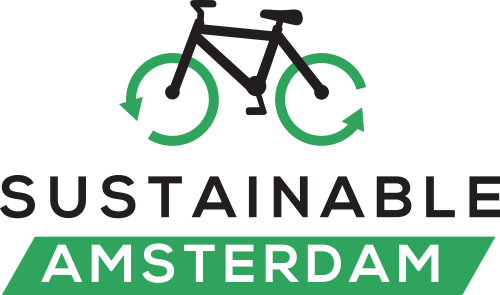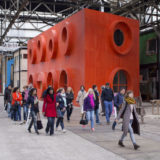The Historic Urgenda Climate Case against The Dutch Government Sets Precedent

Last December, after a six year fight led by Urgenda, the Dutch Supreme Court upheld the landmark decision ruling that the government has the explicit duty to protect its citizens’ human rights in the face of climate change. As such, by the end of this year the Netherlands must reduce emissions by at least 25% compared with 1990 levels.
The Guardian reported that the original judgment in 2015 “was seen as a landmark in the then nascent field of climate litigation, and inspired similar cases across the world, from Pakistan to New Zealand.” As of mid 2019, governments and firms is 28 countries have seen litigation brought against them over the climate crisis.
It was a long battle for the Urgenda Foundation who brought its case before the Hague District Court about six years ago. Their positive outcome was appealed but, was then upheld in the Hague Court of Appeals in 2018. After a second appeal, on December 20th the Supreme Court made the final ruling in favour of Urgenda.
The UN Climate Convention and the fact that the Dutch State has the duty to protect the “life and well-being of citizens in the Netherlands” were the basis for the high court’s decision. These duties of the State are spelled out in the European Convention for the Protection of Human Rights and Fundamental Freedoms. The Supreme Court has stated that the Dutch government’s failure to take responsibility for the Netherlands’ contribution to the climate crisis is a breach of its obligations under the European Convention on Human Rights.
But, what needs to be done now to meet the goal of fewer emissions? The government will be forced to take more drastic measures to close the gap toward a 25% reduction by 2020. This will include things such as the closure of coal fired power plants, some of which opened as early as 2016. What does this mean for citizens? How many sacrifices will the Dutch people be willing to make to help the country meet this obligation? Predominantly, we’ve already seen general support for the recent government action of reducing the nationwide speed limit to a maximum of 100 km per hour, as well as for the commitment from the City of Amsterdam to reduce the number of parking spaces by 11,200 over the next five years.
However, last October, well before this landmark Supreme Court decision, we saw the massive protest of thousands of Dutch farmers who drove their tractors down the expressway to the Hague, blocking streets and halting traffic. The Dutch Council of State had ruled that policies for granting building and farming permits breached EU law on protecting nature from nitrogen oxide emissions. This prompted a halt to thousands of projects including new roads, housing blocks, and farmers were forbidden from building new barns or expanding their livestock. Thus, the protest of tractors ensued which blocked streets and halted traffic — making a big statement on behalf of those who, for the near term, would be negatively impacted by seemingly positive measures being put forth by the government.
The Dutch pride themselves on working collaboratively to solve problems, and it will be interesting to see how much that culture of working together to solve problems comes into play in the coming years with regard to reducing carbon emissions for The Netherlands.
For more information visit Urgenda Climate Case
Photo credit: @Chantal Bekker



